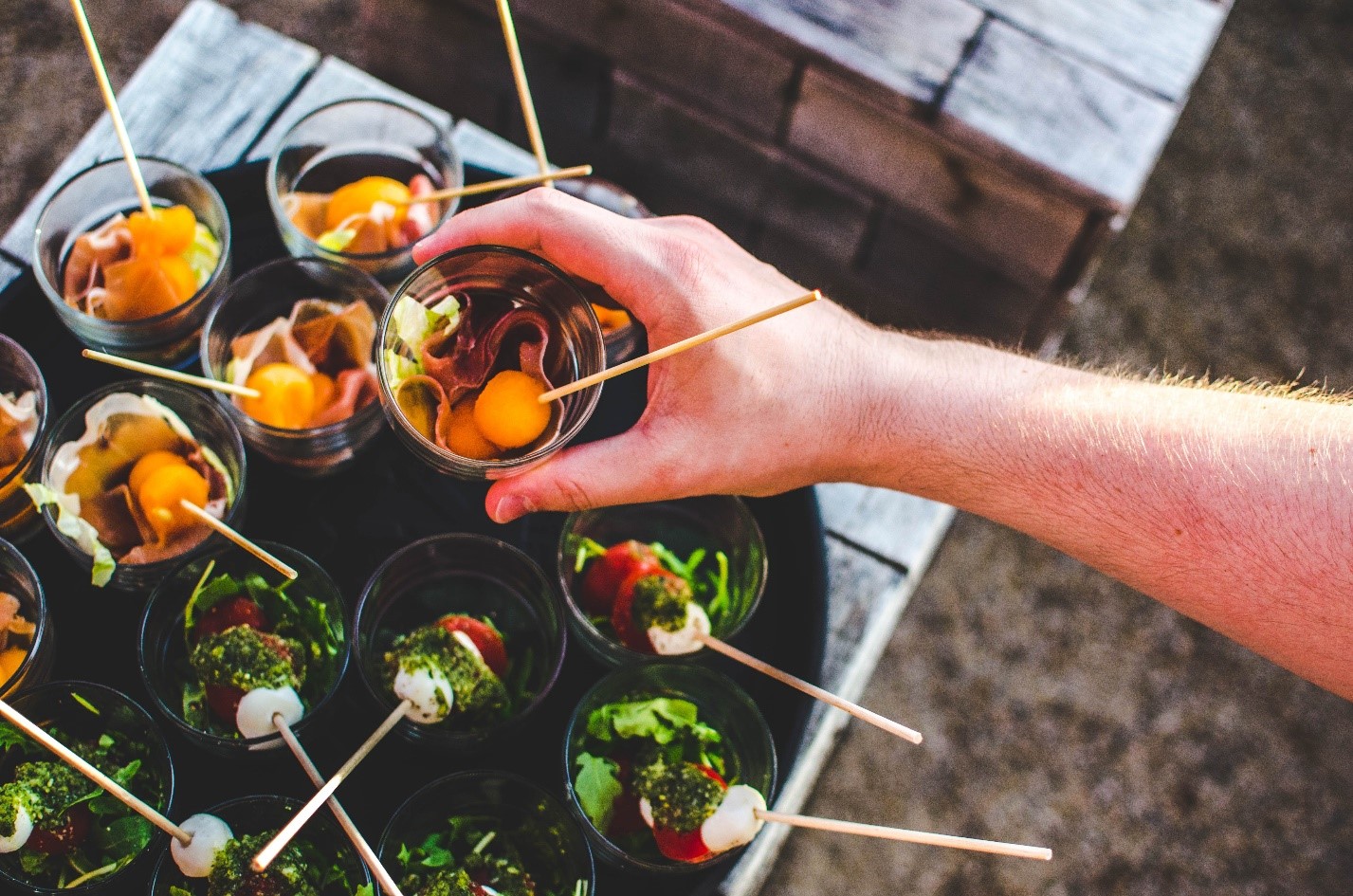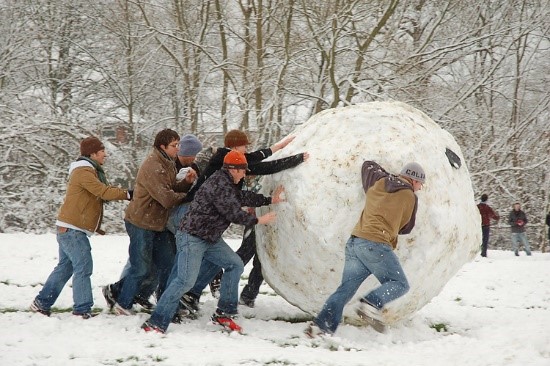You may be concerned about global warming as you see the startling news of extreme events going on around us, but at the same time you probably feel overwhelmed by the enormity and futility of our predicament. What are we to do? The climate is changing at an alarming rate; so what can we do now? The world is already going to hell as fast as a snowball racing down a slippery slope towards it!
There is some good news in this climate turmoil, which is that it’s not too late. Although our world is changing, we have a window of time to make a difference, and our personal choices can drive further devastation or limit future destruction. It’s up to us; each of us.
Yes, we are witnessing flooding, drought, extreme weather events and accelerated biodiversity loss, all happening as greenhouse gasses in the atmosphere exacerbate these issues. This climate trajectory can’t stop on a dime. But doing nothing and continuing our wasteful business-as-usual habits perpetuates our bleak future.
So change! Start transitioning to a more sustainable lifestyle now, and keep working on it. Simply by eating lower on the food chain: swapping out meat, dairy, junk, and other animal foods, for more sustainable whole plant foods, including beans, greens and whole grains, you are lessening your carbon emissions, and setting an example for all of us. Keep it going—even if you take a small step as your new year’s resolution, by eliminating meat on Mondays, for instance, you have a platform to build upon. Do more every day.
Doing Nothing is Not an Option
If you were heading into a head-on collision in your car at fifty miles-per-hour, you’d still hit the brakes, to lessen the impact. That’s where we are now with global warming. We know we’re making a mess of our environment, but doing nothing is not an option because we make matters worse by sitting on the sidelines. We need to take matters into our own hands now, because we only have a few years left to lessen the impact of climate change—just this decade. After that, the increasing accumulation of greenhouse gas in our atmosphere will be too much for humans to control.
So get to it! The most effective, available tool that we have at our disposal is our own personal diet. Make it a sustainable one. True that we won’t know how effective actions taken today will help future global warming. But we do know that doing nothing will make it worse.
…And Then There’s the Health Reason
Interestingly it’s the same for your health. No matter what stage of life you are in, if you have poor health, doing nothing will likely make it worse, and eating better will likely improve things. How much it helps is what’s unknown, though the human body is impressively optimistic as it constantly works towards its own optimal health, whatever we throw at it.
So lessen the impact of your habits, and spread sustainability through your actions. Your life, and everyone else’s depends on it. Just change. Take it upon yourself to do something—something meaningful, for yourself, your earth, and your descendants.



